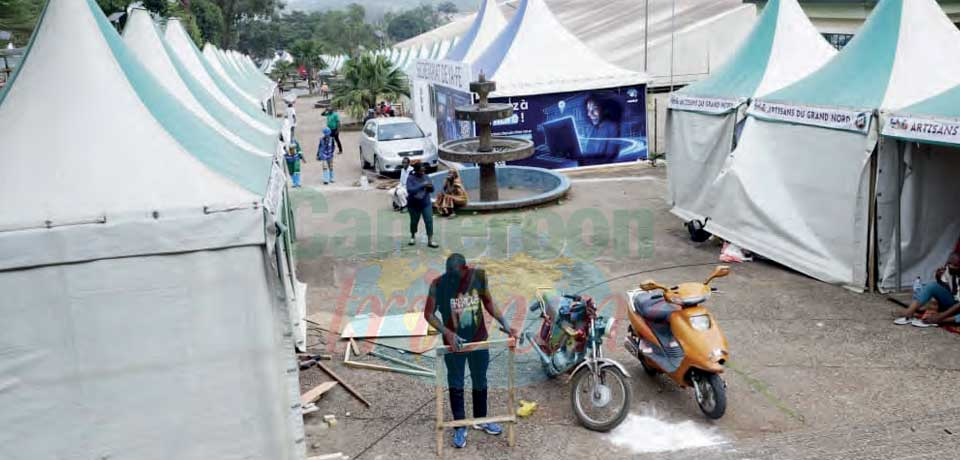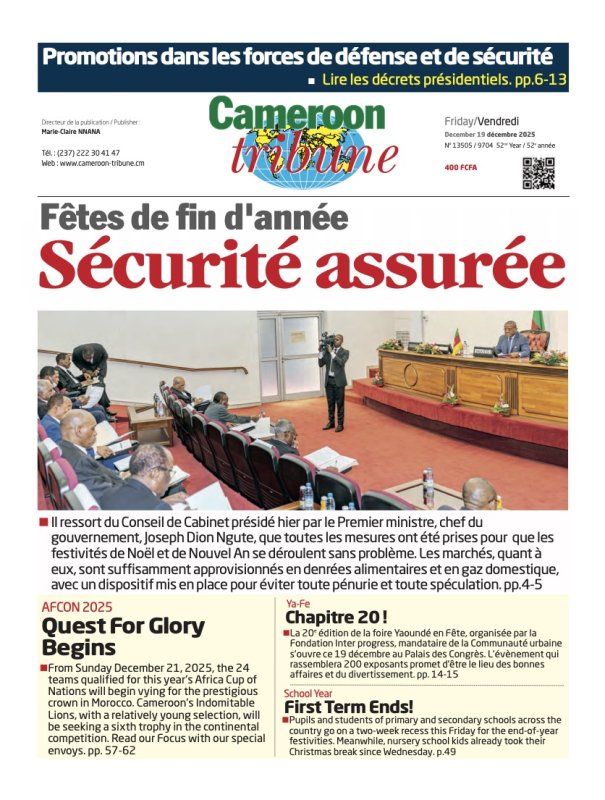Reserves for countries of the CEMAC sub region have started picking up following the early implementation of reforms agreed with the IMF
The economic and financial hurricane raised by the persistent fall in oil prices on the international market and the resurgence of acts of insecurity perpetrated by Boko Haram has started settling down. The assurances came from the commercial city of Douala following the meeting of the Steering Committee of the Economic and Financial Reforms of the Central African Economic and Monetary Community (CEMAC). Conceived and discussed in Yaounde on December, 23, 2016, during the CEMAC Heads of State Summit at the initiative of President Paul Biya, the said reforms are expected to salvage a dwindling economic malaise that was fast threading through the six countries of the sub region. The whole issue had to do with diversifying resources rather than putting the sub regional eggs in one basket belonging to the oil sector. The final statement that emerged from the meeting stated inter alia that countries of the region should reach new agreements with the International Monetary Fund (IMF). The Director General of the IMF, Christine Lagarde was present and incidentally approved of the new measures.
Three months since the ball of implementation was set rolling, the embryonic signals are hope rekindling. According to experts at the Douala sub regional meeting, one of the early effects of the reforms is the pickup of the amount of reserves for the sub region. Reserves in the economic sense of the word represent the amount of funds a bank must hold in its cash vault or deposit with the central bank against certain liabilities. Through this ratio, the central bank can influence the amount of funds available for borrowing. The ratio might not have attained the required level, but as Louis Paul Motaze, Minister of the Economy, Planning and Regional Development says, this alone is already something worthy of note. The slight increase in reserves follows measures taken by the various States of the sub region, the Bank of Central African States (BEAC) acting as the sub region’s central bank; and development partners.
The Economic and Financial Programme for Cameroon, approved on June, 26, 2017, by the IMF on...
Cet article complet est réservé aux abonnés
Déjà abonné ? Identifiez-vous >
Accédez en illimité à Cameroon Tribune Digital à partir de 26250 FCFA
Je M'abonne1 minute suffit pour vous abonner à Cameroon Tribune Digital !
- Votre numéro spécial cameroon-tribune en version numérique
- Des encarts
- Des appels d'offres exclusives
- D'avant-première (accès 24h avant la publication)
- Des éditions consultables sur tous supports (smartphone, tablettes, PC)














Commentaires